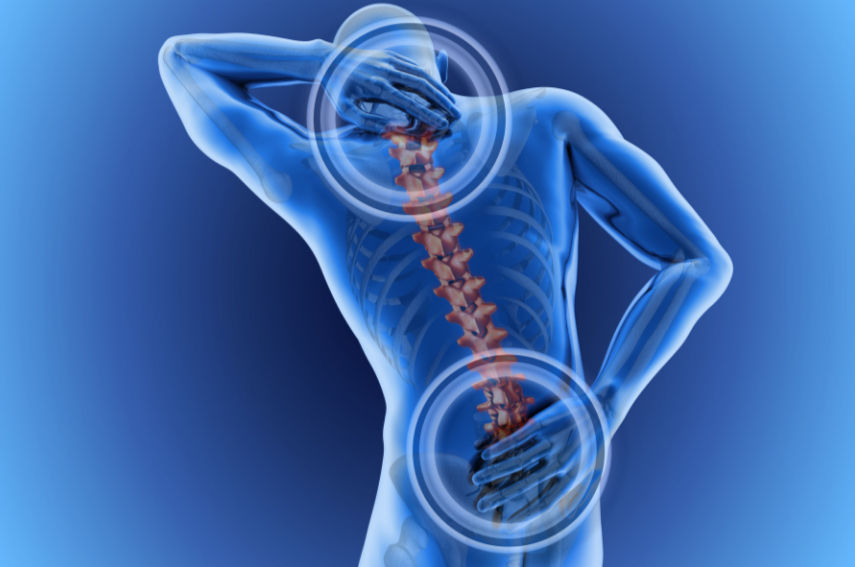Invisible Disability - Obsessive Compulsive Spectrum Disorders
- Dr. Melissa Adams

- May 6, 2024
- 2 min read
Obsessive Compulsive Disorder (OCD) is not one singular condition, but it is a spectrum, and is considered to be one of the top 10 most disabling conditions, making early treatment and mental health therapy critical to the sufferer's quality of life.
OCD Spectrum of conditions are considered highly disabling neuropsychiatric brain disorders and includes, but is not limited to, "body dysmorphic, hording, hair-pulling, skin picking and oflactory reference disorders and hypochrondriasis." These conditions all include "compulsive behavior as a cardinal characteristic."
Those suffering from OCD have an increased risk of suicidality: "36% reported lifetime suicidal thoughts, 20% had made suicidal plans, 11% had already attempted suicide and 10% presented with current suicidal thoughts."
Potential causes of OCD include PANDAS and genetics, and an individual with OCD is rarely only diagnosed with OCD, but is often also diagnosed with a comorbidity such as "tic disorders, anxiety and depressive disorders, disruptive disorders, eating disorders, autism spectrum disorders (ASD), attention deficit hyperactivity disorder (ADHD) and schizophrenia ... separation anxiety."
The current gold-standard of treatment for OCD is prescription medications and psychotherapy.
OCD is a condition often met with shame from the outside world, reducing this shame, showing love and acceptance is the best thing any family member or friend can do for a loved one suffering with OCD. An important first step is to recognize that no one is choosing to have a mental health condition, struggle, or disorder.
Understanding, empathy, and appropriate help and care from the appropriate mental health providers should be in place to help the individual suffering, as well as their family.
ALL treatment or attempts to treat, change, heal, recover, should include the assistance of a healthcare provider who is trained to help individuals (and their families) with OCD. Improper treatment may be traumatizing and ultimately potentially life-threatening, considering those suffering from OCD have a significantly increased risk of suicide.
This is not medical advice, please consult with your PCP before making dietary and/or lifestyle changes










Comments